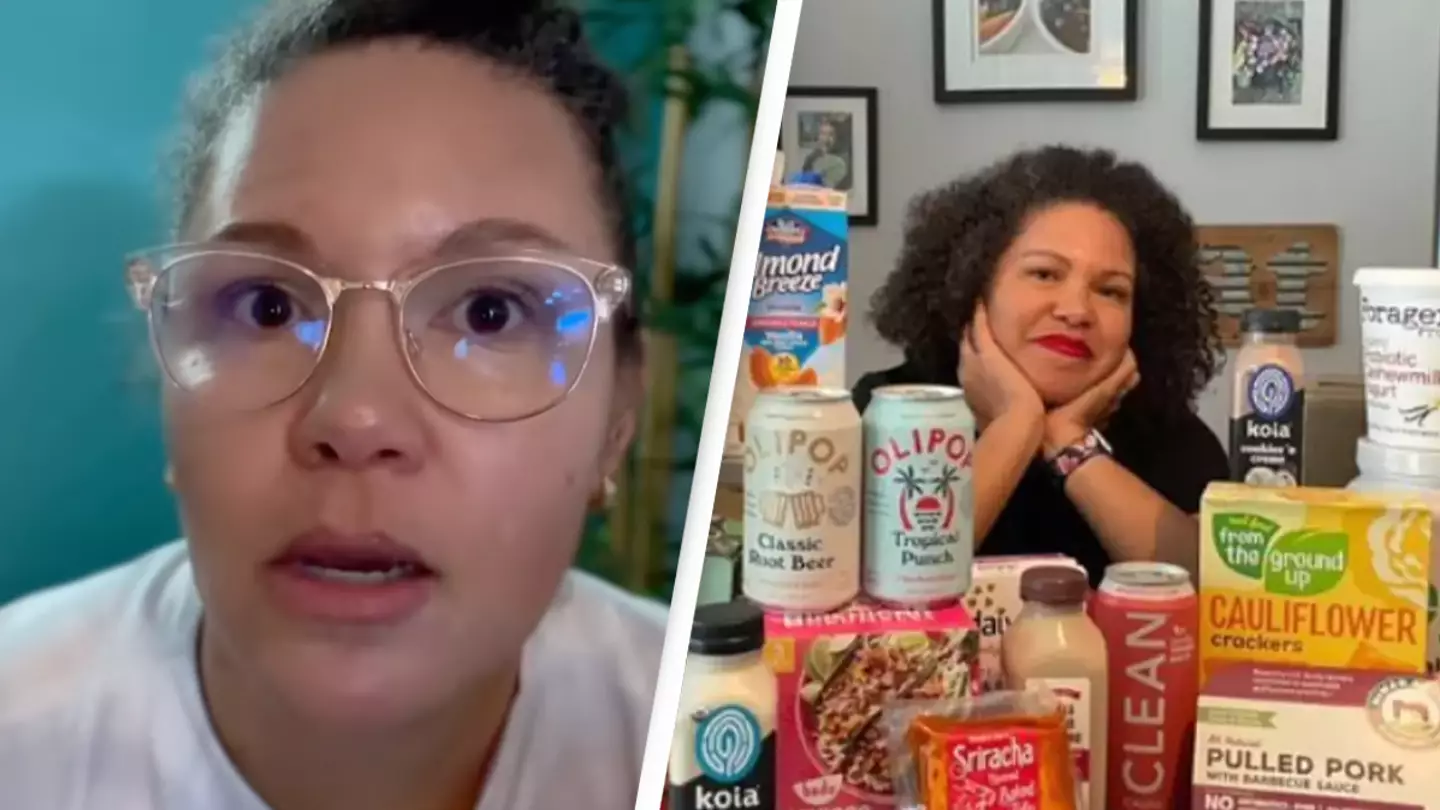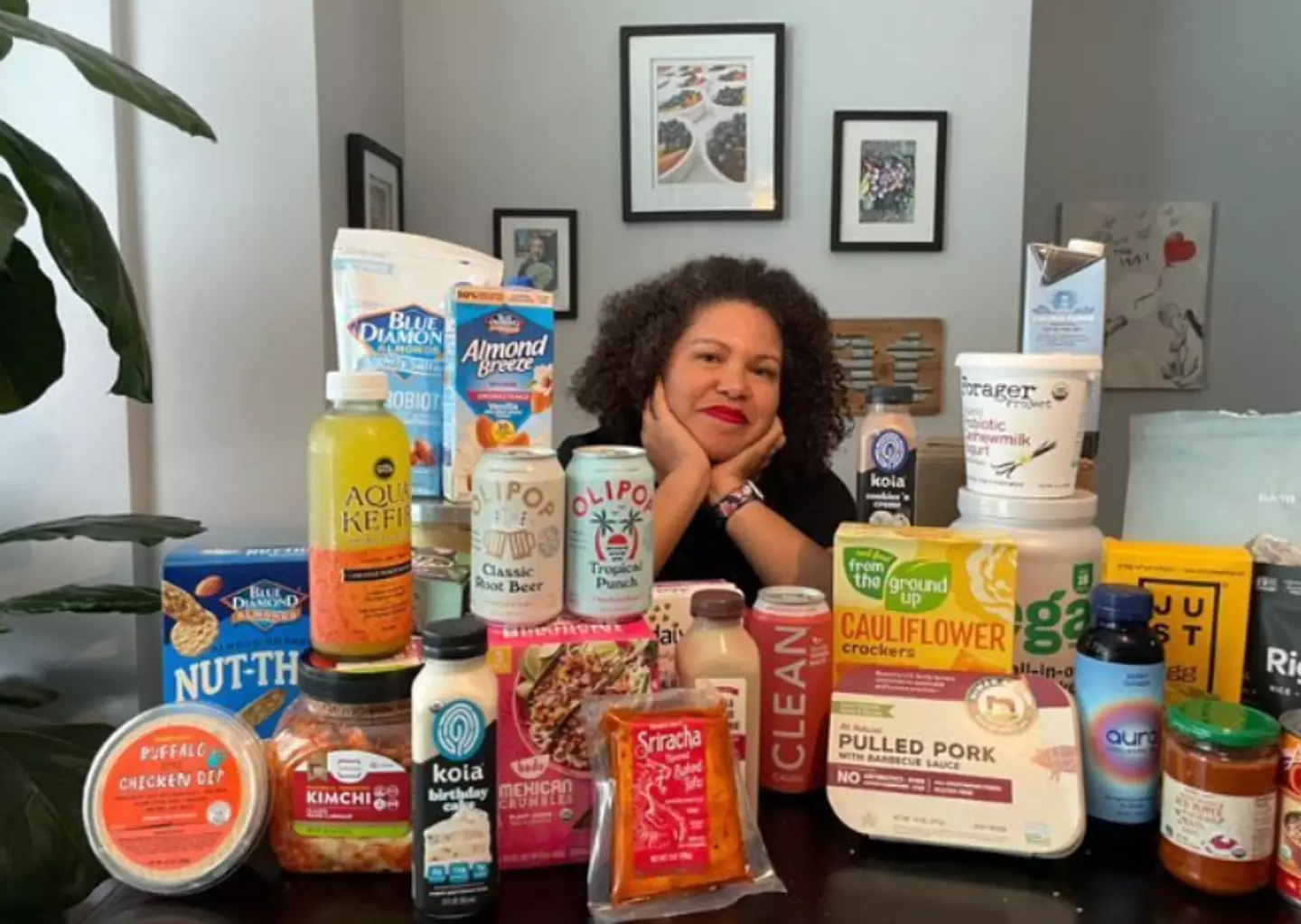
This article contains discussion of food habits and calorie counting that some may find distressing.
A dietitian has argued why ultra processed foods can be 'part of a healthy diet' after experiencing 'surprising' results from making them at least 80 percent of her diet for a month.
With ultra-processed foods often made out to be 'something we're supposed to avoid,' dietitian Jessica Wilson decided to test out whether this 'entire category of foods' is really that bad for us.
What the dietician ate
The dietitian made at least 80 percent of her daily calorie intake ultra-processed for a whole month, eating soy chorizo instead of eggs as an example of an ultra-processed breakfast, TIME reports.
Instead of eating something like beans with avocado and hot sauce for lunch, Wilson grabbed a ready-to-eat tamales from Trader Joe's.
Advert
Snacks consisted of cashew-nut yogurt with jam and dinners sometimes looked like chicken sausages with vegetables and Tater-Tots or Costco pupusas.
And after a whole month of at least 80 percent ultra-processed foods every single day, Wilson felt remarkably different - but not in the way you might think.

The results
In a post to Instagram, Wilson said she 'surprisingly felt better' after just 'two weeks' of the diet.
Advert
"At the end of my meal I have no idea what my hunger hormones were doing but it was great not to be hungry in an hour and to go longer periods without having to forage for food," she said.
She added she thinks she wasn't actually 'eating enough' food before embarking on her ultra-processed diet.
And despite multiple studies over recent years connecting a diet with more ultra-processed foods leading to a rise in anxiety and depression, Wilson told TIME she actually felt less anxious and had more energy - so much so, she didn't feel the need to drink as much coffee.
And while she may've been bored of the ultra-processed foods she was eating by the fourth week, in an interview with Mail Online earlier this month she noted her wife noticed her 'complaining less and doing more'. And while her weight didn't change, she did see 'an improvement in body composition' with a more toned physique.
Advert

The debate surrounding ultra-processed food
The dietitian reminds the definition for 'ultra-processed food' is still very conflicting, given there are 'multiple definitions' from many 'different researchers and doctors' - so how can anyone say the whole category of food is 'bad'?
She argues: "If we look at the Nova classifications for foods, what is supposed to distinguish a category four: ultra-processed food from a category three: processed food it is not always clear."
Advert
Wilson notes the term 'additives' - substances often added to processed foods for technical reasons such as helping them stay stored for longer - is often used as a 'buzz word for what makes something unhealthy'.
However, one example of an additive is 'egg lecithin', which has some 'beneficial properties' and baby formula sometimes also contains additives too.
Wilson resolved: "There's a lack of conclusive and comprehensive science and a lot of that comes from a lacking clear definition of an ultra-processed food.
"[...] UPFs can be part of a healthy diet and we need to be having a different conversation."
Topics: Food and Drink, Health, Science, Psychology